IAEA closes Iran nuclear site file after false claims are debunked
The International Atomic Energy Agency (IAEA) has decided to close the file on traces of what is claimed to be nuclear material at one of the alleged “undetected” sites in Iran following progress in cooperation between Tehran and the nuclear watchdog.
The IAEA said in a confidential quarterly report on Wednesday that it had decided to close off the investigation of traces of uranium allegedly found at the Marivan site in Abadeh County, the southwestern province of Fars, after receiving a "possible explanation" from the Atomic Energy Organization of Iran (AEOI).
“The agency at this time has no additional questions on the depleted uranium particles detected at Marivan ... and the matter is no longer outstanding at this stage,” the watchdog said.
The Marivan site is the first to be addressed under a work plan agreed upon by Iran and the IAEA back in March. The other two sites are in Varamin and Turquzabad, both located on the outskirts of Iran’s capital, Tehran.
The confidential report by the Vienna-based IAEA also said its inspectors no longer had questions on uranium particles found to be enriched to 83.7% at Iran’s underground Fordow facility.
“The agency informed Iran that, following its evaluation of the data, the agency had assessed that the information provided was not inconsistent with Iran’s explanation... and that the agency had no further questions on this matter at this stage,” the report said.
The report came days before the IAEA’s Board of Governors is due to meet to review progress in addressing the watchdog's remaining concerns about Iran’s nuclear program.
Iran and the IAEA agreed in March to take steps aimed at facilitating enhanced cooperation and expediting the resolution of outstanding safeguards issues.
The two sides are currently in a dispute triggered by the agency’s Israeli-influenced accusations, which were leveled against Tehran’s peaceful nuclear activities. The IAEA insists to probe into what the agency claims are “uranium traces” found at “undeclared nuclear sites” in Iran.
Last September, the head of the AEOI, Mohammad Eslami, strongly rejected all accusations, including the UN nuclear watchdog’s allegations, about the existence of undeclared nuclear activities or material in Iran.
In a meeting with IAEA Director General Rafael Grossi in Tehran early in March, Iranian President Ebrahim Raeisi said Tehran expects the IAEA to adopt a “professional and fair” approach to its nuclear energy program and refrain from being affected by certain powers which are pursuing their own specific goals.
'Gaza has won': Social media users react to ceasefire with mix of relief, joy
Iran seeks South Korea’s assistance for AI, fiber-optic projects
VIDEO | Iran's 'Eqtedar' (Power) maneuver
Israel hits HTS military target in Syria for 1st time since fall of Assad
VIDEO | Press TV's news headlines
Israel has slaughtered 13,000 students in Gaza, West Bank
VIDEO | More Zionist than Zionists: Biden’s legacy to be defined by Gaza genocide
Hamas confirms handing approval of Gaza ceasefire deal to mediators


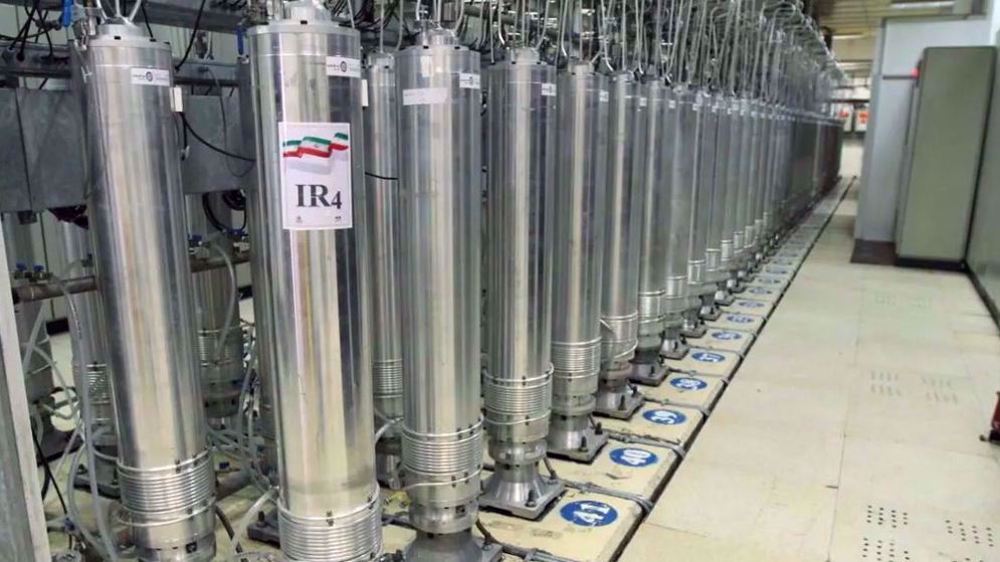
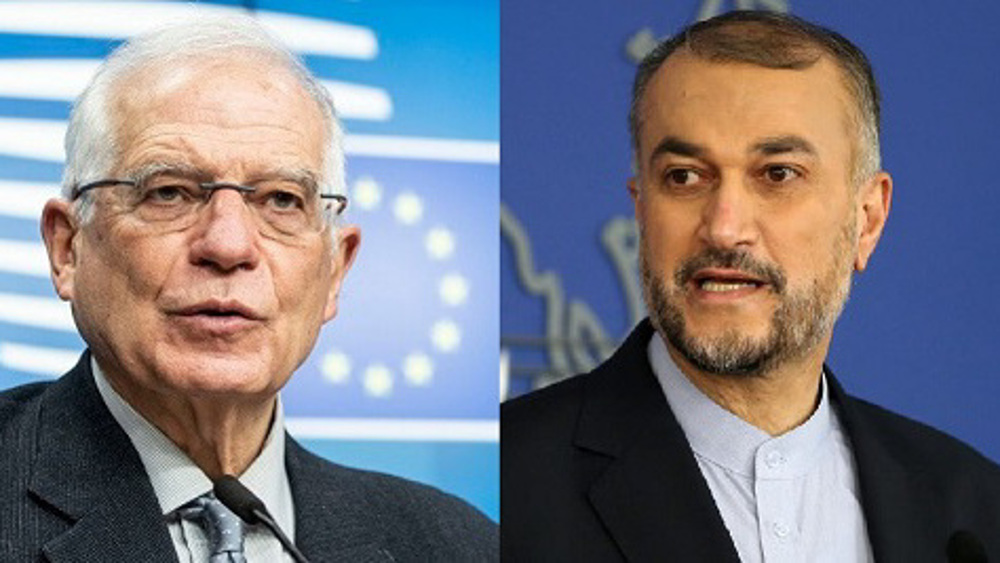
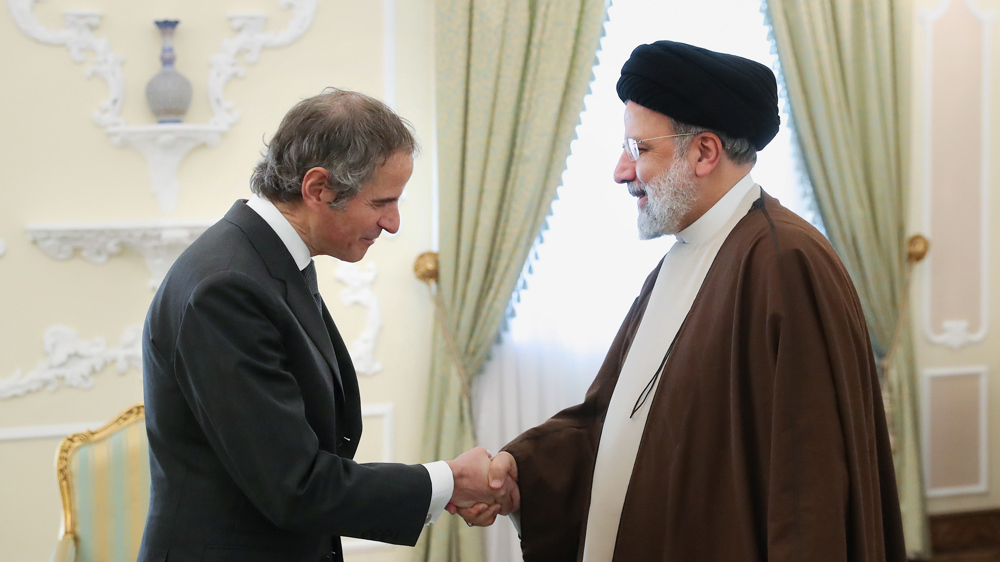
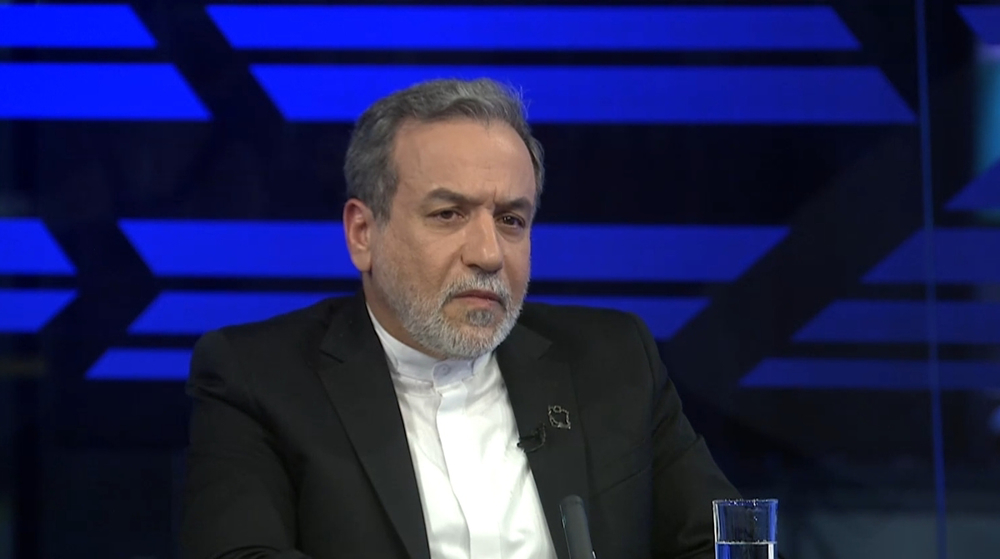

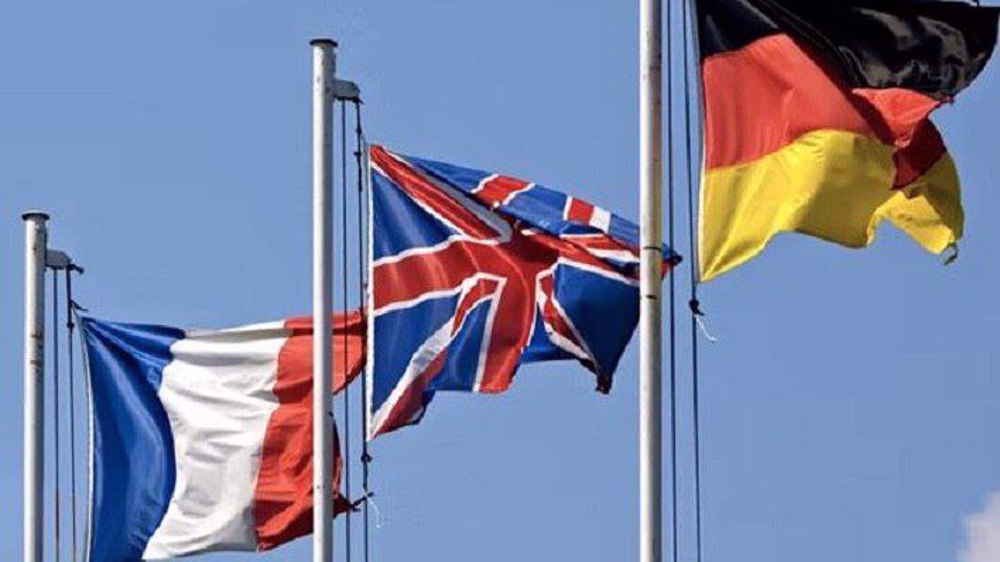




 This makes it easy to access the Press TV website
This makes it easy to access the Press TV website